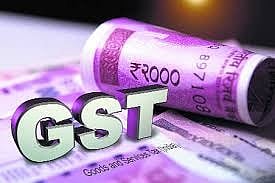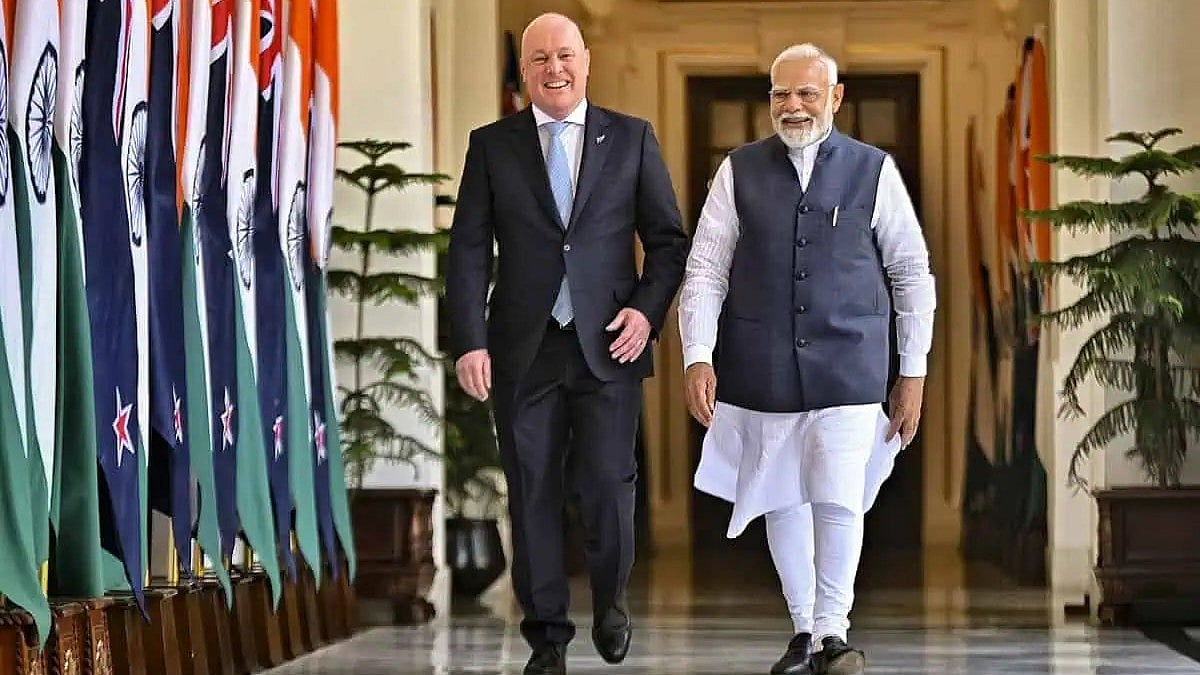At the best of times, there is a degree of tension between the Centre and the States, though the federal Constitution does spell out broadly their separate roles and functions. A fight over money can prove particularly bitter, as it seems likely is the case over the payment of GST compensation to the States due to a shortfall in revenue collections. The meeting last Thursday of the Goods and Services Tax Council witnessed an extraordinary situation, with the Center declining to honour the commitment to pay the said compensation, and instead suggesting to the States options to raise funds through market borrowings. Its reason for not keeping its word was the unforeseen catastrophe of the Covid-19, 'an Act of God’ as Union Finance Minister Nirmala Sitharaman put it. It invoked the force majeure clause to buttress non-payment to the States. The Centre reckons the States this year could face nearly Rs three trillion shortfall in revenue collection due to the pandemic. Actual compensation cess collection could bridge about 22 per cent of this gap. Only Rs 97,000 crore was due to GST implementation, the Centre maintained, for which the RBI could provide a special window to borrow at a reasonable rate of interest. This amount could be paid after five years, through the collection of cess. The second option was for the States to borrow the entire Rs 2.35 trillion under a special window. The loan could be repaid out of the compensation cess from the sixth year. That way the States would not be required to tap other sources for raising funds. Expectedly, the States asked that instead of their borrowing to bridge the gap between revenue collections and GST targets, the Centre should do so and honour its commitment to the States. The Centre was not willing to do so, with its own finances under deep stress due to the Covid-19 pandemic and a slowing economy even before the outbreak of the pandemic. Meanwhile, the Centre relaxed the borrowing limit for the States by 0.5 per cent of GDP under the Fiscal Responsibility and Budget Management Act. The Opposition-ruled States were forthright in criticising the Centre for reneging on the commitment. On the face of it, the attitude of the federal government was rather unhelpful, though, to be fair, the coronavirus pandemic has worsened the finances of both the Centre and the States. However, there is no denying the Centre is always better placed to raise resources through borrowing or through other monetary measures. Also, to assume the revenue situation of the Centre and the States would improve greatly next year will be wrong. The effect of the pandemic could last longer, unless a vaccine is found and soon made available. With the global economy suffering a big contraction, to expect that we will witness a sharp growth spurt appears unrealistic. The escalating financial stress will cause pain all around, especially with the States left to fend for themselves.
Reservations in reservations
The Supreme Court order last week allowing the States to sub-classify Scheduled Castes and Tribes to ensure that the benefits of reservations uniformly reach all sections, instead of being cornered by some among them, is most welcome. Given that there was a widespread grievance among the SCs and STs that a few dominant groups among them had monopolised the gains from the preferential treatment, a five-member bench on Thursday endorsed the sub-classification in the reserved categories. However, the matter will now have to go to a seven-member bench since, in 2004, a five-member bench had ruled against sub-categorisation. The sooner the larger bench endorses the ruling of the five-member bench last week the better it will be for providing a level playing field as it were, to the reserved categories. The problem of one dominant group among the reserved castes cornering most of the gains is not peculiar to the SCs and STs only. Even among the OBCs, there is a lack of homogeneity, with some castes traditionally stronger than the others. For instance, among the SCs, STs, the gains of reservations in employment and government jobs, say, in Rajasthan were mostly cornered by the Meenas and, in UP, by the Jatavs. Or among the OBCs, the Yadavs monopolised a large portion of the reservation cake in UP and Bihar, leading to demands from other groups for a special dispensation to address their backwardness. Such examples can be found in every state, where the governments have been forced to introduce sub-categories to appease the strident demand for justice and fair play for all reserved castes and not only a few among them.









